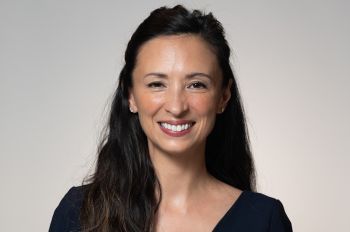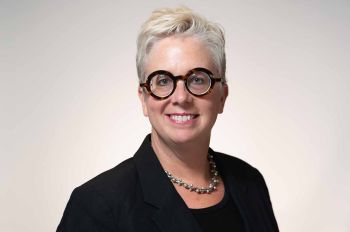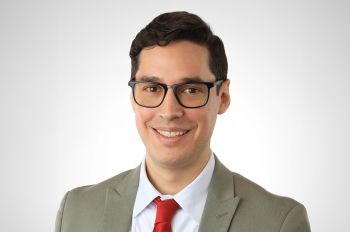Professor Sheldon Nahmod files amicus brief in Supreme Court case
Professor Sheldon Nahmod recently filed a brief with the U.S. Supreme Court in support of the City of Joliet in the case Manuel v. City of Joliet, arguing that "the common law elements of malicious prosecution should play no independent role in determining the scope of claims under 42 U.S.C. § 1983."
Joliet police arrested Elijah Manuel in 2011 after finding a bottle of pills in his pocket that officers claimed initially tested positive for ecstasy. Manuel spent seven weeks in jail until later tests showed that the pills were vitamins. Manuel sued the City of Joliet and several police officers for malicious prosecution, alleging that police falsified the initial tests and wrongfully arrested him.
At issue is whether an individual can sue for malicious prosecution if his Fourth Amendment right to be free from unreasonable search and seizure has been violated. Professor Nahmod argues in support of the City of Joliet that the outcome of this case must be firmly grounded on Section 1983 of the U.S. Code, which allows citizens to sue in federal court if their constitutional rights have been violated by state or local government officials. Professor Nahmod explains his argument in a recent post on NahmodLaw.com.
Professor Nahmod is a well-known constitutional law scholar who has argued civil rights cases before the U.S. Supreme Court and many other federal courts. He is the author of Civil Rights and Civil Liberties Litigation: The Law of Section 1983 (4th ed. 2015; 3 vols.); A Section 1983 Civil Rights Anthology (1993); a casebook, Constitutional Torts (4th ed. 2015, with Wells & Eaton); and numerous law review articles. He regularly gives lectures for lawyers, judges and members of the general public on civil rights issues and constitutional law.
Founded in 1888, Chicago-Kent College of Law is the law school of Illinois Institute of Technology, also known as Illinois Tech, a private, technology-focused, research university offering undergraduate and graduate degrees in engineering, science, architecture, business, design, human sciences, applied technology, and law.



